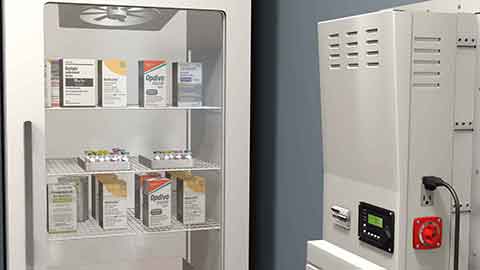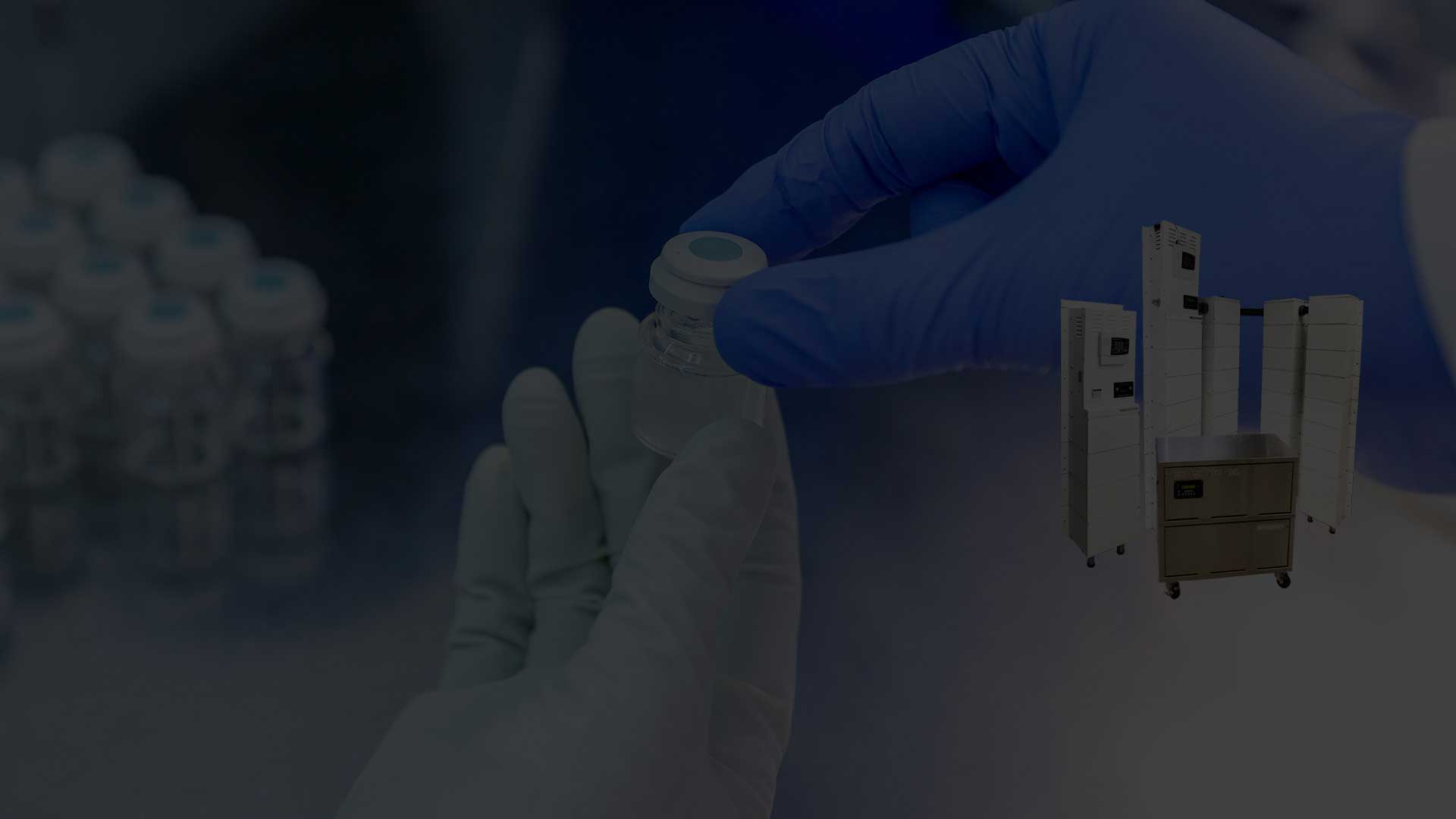Healthcare Compliance
| August 18, 2021
| Medi-Products
Why Accreditation For Outpatient Surgery Centers?
What is Accreditation?
Before a surgery, many patients will want to be sure the surgeon performing the operation has qualified credentials. However, many fail to recognize that the credentials of the facility in which the operation is to be performed is equally important. By checking that the facility has been accredited a third party, patients can be sure that important healthcare standards will be maintained outside of the hospital setting, such as patient safety, cleanliness of the facility, and integrity of the medical teams.
Who Are the Accreditation Agencies?
The three major accrediting bodies are: The AAAHC (Accreditation Association for Ambulatory Health Care), the AAAASF (American Association for Accreditation of Ambulatory Surgery Facilities), and JCAHO (Joint Commission on Accreditation of Healthcare Organizations). The accreditation agency chosen often depends on the type of surgery center. For hospitals and nursing homes, the standard is JCAHO, which will only grant accreditation if Medicare standards are met. For ambulatory surgery centers and office-based surgery centers, the AAAHC or AAAASF are more commonly used, and either will accept non-Medicare applications. One significant difference between the three organizations is that the AAAHC and JCAHO require that the practice be licensed in the state. Since the AAAASF does not, it is more commonly used in the office-based practices.
What Are the Advantages?
Accreditation has a number of advantages, and most outpatient surgery centers will find that getting accreditation from a third party is a huge asset. Once accredited, their patients can be assured that they are in good hands, knowing that many protocols are being followed, including the following:
- All equipment in the facility has been inspected for operational safety, and calibrated if need be such as in the case of an anesthesia machine.
- Physicians and staff have been properly trained and certified.
- Evacuation and emergency plans have been put in place and tested.
- Biomedical waste procedures are correctly implemented.
- Records are kept and reported to the Health Dept. regarding any patient’s concerns or safety incidents.
- Privacy and HIPAA laws are carefully maintained.
There are also benefits for the doctors, such as having a network of qualified professionals to share the newest practices and methods with. Accreditation is also mandatory for certain associations, such as the American Society of Plastic Surgery (ASPS).
What Is Required?
The type of accreditation is often dependent of the type of anesthesia being administered. Accreditation organizations base their guidelines largely on the CMS (Centers for Medicare & Medicaid Services) standards if the facility is seeking federal aid, otherwise a less stringent version of the code is used. All accreditation is also subject to local and state mandates.
Is Accreditation Mandatory?
Accreditation is now mandatory in most states for ambulatory surgery centers. Also, since Medicare Certification cannot be obtained for office-based surgery, many states are now requiring accreditation in these practices as well. It is important to note, that these certificates are in addition to, not a replacement for Medicare standards.
How Is It Conducted?
The accreditation process is a self-assessment conducted by the healthcare organization itself. Rather than conducting an inspection of the facility, the accrediting organizations work more as consultants, and offer guidance and direction as to what the industry standards are. Accreditation can be a lengthy and time-consuming process, and these agencies can be a huge support, by working closely with the facility staff.
How Can Medi-Products Help?
Once of the major requirements for any type of accreditation is that an alternate power source be obtained in case a power outage should occur during a procedure. However, often determining what type of system is required, what size it should be, what equipment it should support, and what length of time it should run, and codes and specifications must be adhered to, can often be confusing and seemingly contradictory.
Medi-Products has many years of experience designing battery backup power for surgery centers, both ambulatory and office based practices. In order to share this information with you, please download our Surgical Emergency Power Planning Guide.
Learn More About Battery Backup Power
To answer even more of your questions and find additional solutions to problems that could affect your medical facility or laboratory, check out these other articles from the Medi-Products blog and the Medi-Products Learning Center:
How a Battery Backup Generator Saves You Money.
EXPLAINING TYPE 1 AND 3 EES POWER SOURCE CLASSIFICATIONS FOR AN ASC.
How Much Power Do I Need to Meet Accreditation Standards?


